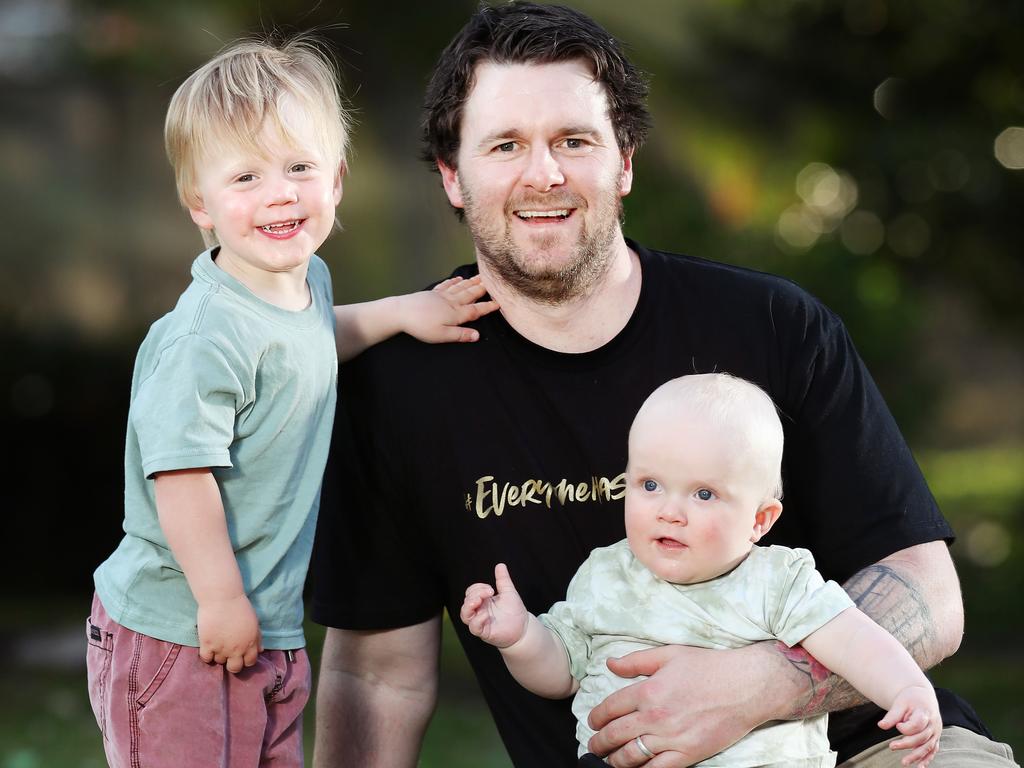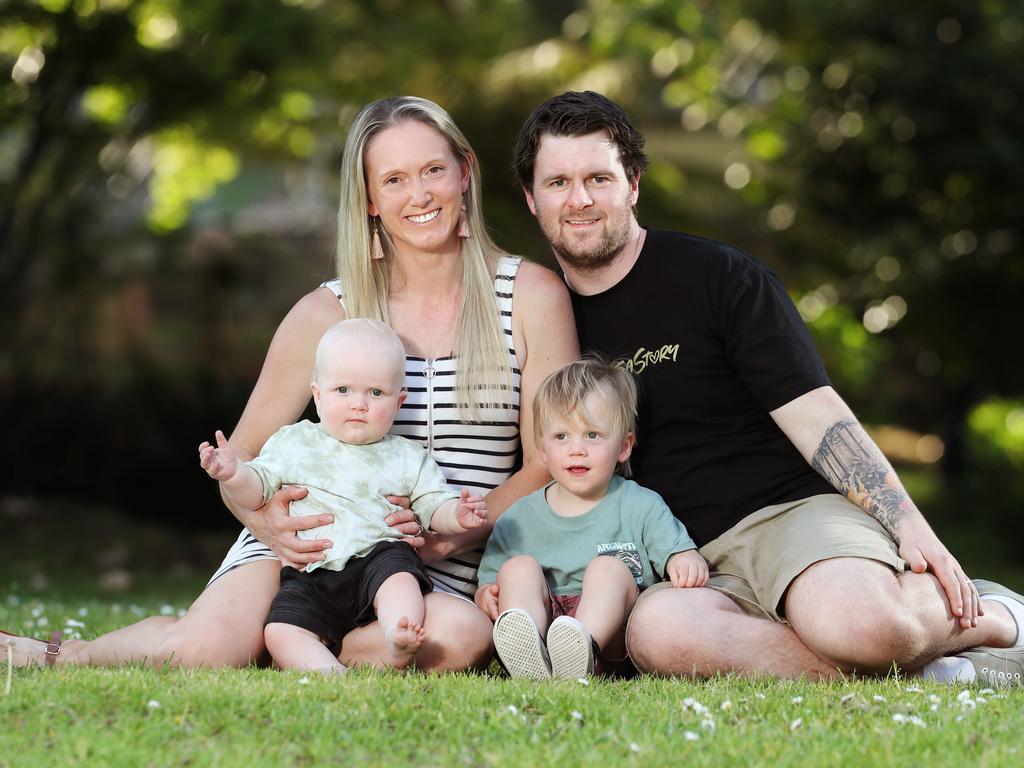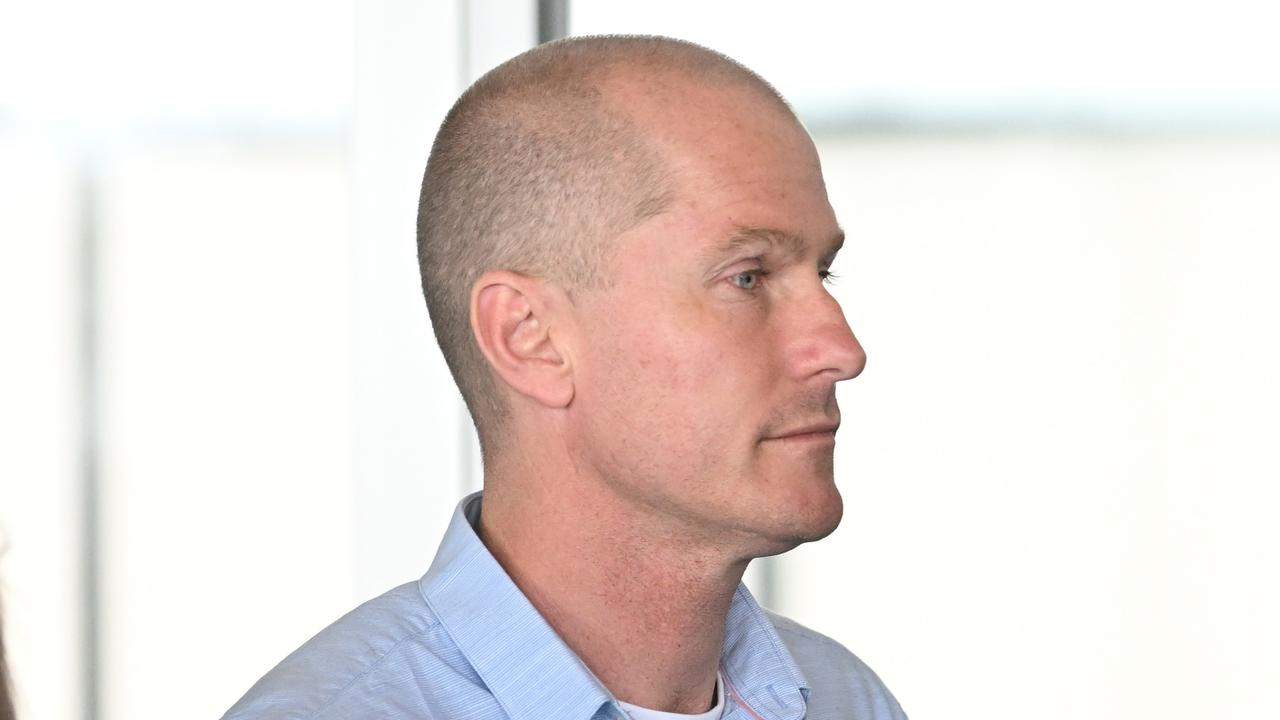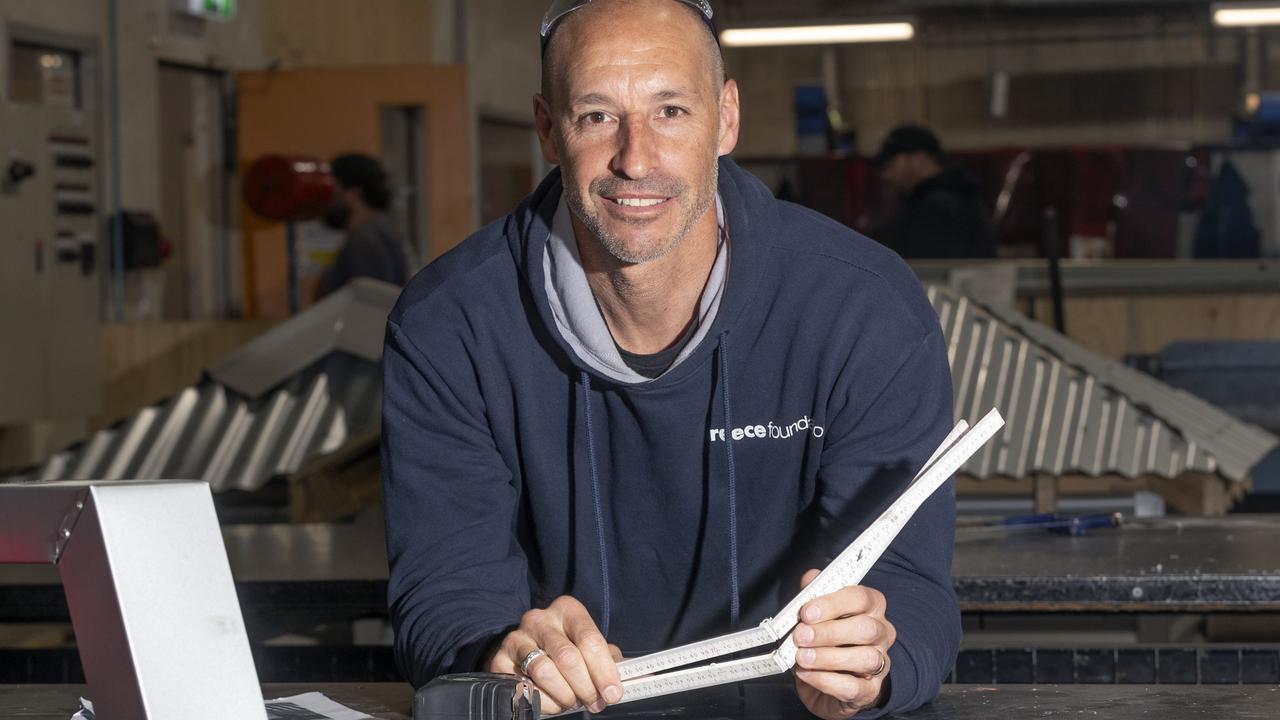Call for urgent action on male infertility as numbers increase
There’s no precise diagnosis for male infertility, few treatment options and many men are too embarrassed to talk about it. Here’s what can be done to combat the growing issue.

Victoria
Don't miss out on the headlines from Victoria. Followed categories will be added to My News.
Global experts are calling for urgent investment in men’s health to understand why male infertility is increasing.
A consortium led by the University of Melbourne’s Dean of Science Moira O’Bryan released a major report on Friday with 10 actions it says are critical to revolutionise male health.
At its core, says Professor O’Bryan, is raising awareness.
The report, published in Nature Reviews Urology, comes as the World Health Organisation estimates that infertility now affects one in six couples of reproductive age, with around half caused by males.
The group said “alarmingly” tests to provide a precise diagnosis of male infertility were rare and there were few targeted treatment options.
It says to achieve its formidable actions, male infertility must be recognised as a common, serious and expensive disease made up of many subtypes.

“The real issue is that we don’t know what the individual causal problems are and we won’t until we do studies,” Professor O’Bryan said. “Researchers across the globe need to work together.”
The report, the Male Reproductive Health Initiative, was commissioned by the European Society for Human Reproduction and Embryology.
It asked the 26 fertility experts to produce the first evidence-based road map to identify knowledge gaps, barriers and opportunities.
Key, Professor O’Bryan told the Herald Sun, is to normalise discussions around male fertility saying the topic is still considered “a little bit embarrassing”.
“It can be done,” she said.
“Not so long ago men talking about prostate cancer was considered taboo as was women talking about endometriosis.”
She says what is required is a change in the way male fertility is viewed.
“Decreasing semen quality and increasing frequency of testicular cancer and congenital defects in the urogenital system indicate that globally male reproductive health has declined. Research is needed to understand why, and how this trend can be reversed,” Professor O’Bryan said.
Male fertility, she said, is a spectrum that goes from the super fertile to people who are sterile.
“Some people will be born with genetic mutations that causes outright infertility,” she said.

“Similarly, we know for others there are certain environmental exposures and lifestyle factors that can cause infertility.”
The consortium says more rigorous tests of the impacts on males of compounds such as endocrine-disrupting chemicals in everyday consumer products, the workplace, and the general environment is needed.
They also noted the environmental and lifestyle factors that can impact male fertility. These can include poor diet, pesticides, cosmetics, plastics, cannabis, medicines, alcohol and cigarette smoking.
Major life events such as job loss, bereavement and war also correlate with reduced semen quality, but the group said what needed to be answered was whether the effect was permanent or reversible.
“There is an assumption that most causes of infertility are on the female side,” Professor O’Bryan says. “We know in young people that’s likely not true.”
Report co-author Robert McLachlan leads the male reproductive research program at the Hudson Institute of Medical Research in Melbourne, consults to Monash IVF Group and is medical director for Healthy Male.
He said medically assisted reproduction (IVF) was often the default response to male infertility.
“This fails to address the cause and pushes the burdensome and invasive procedures and associated risks onto women,” Professor McLachlan said.
“Compared to fertile men, infertile men appear to experience a higher rate of a range of chronic health disorders and even a shortened lifespan.”
Shane’s story
Geelong couple Shane and Alicia Kelton are proud parents to two sons, but not so long ago their dreams of a family were in doubt.
They had fertility tests at the suggestion of a mate after trying to conceive for some time.
“Alicia is four years older than me and had been on the (contraceptive) pill for a long time so we were both surprised to find out I had infertility issues,” Mr Kelton, 35, said.
He said the news was overwhelming at first and the author and fitness instructor said he still does not know the cause of his infertility.
“You want to look for answers, but they are not there,” Mr Kelton said.
“I felt I had to suck it up, but there was also a sense of failure to your family, my wife and society.”
He said he went to a psychologist and said his message to other men was it was OK to reach out and ask for help.
Sons Ryder, two and Colby, nine months, were conceived via IVF.
The report calls for:
• A global network of registries and biobanks
• More collaborative research
• More tests to improve diagnosis and cause
• Improved training for health care workers to promote male reproductive health
More Coverage
Originally published as Call for urgent action on male infertility as numbers increase









